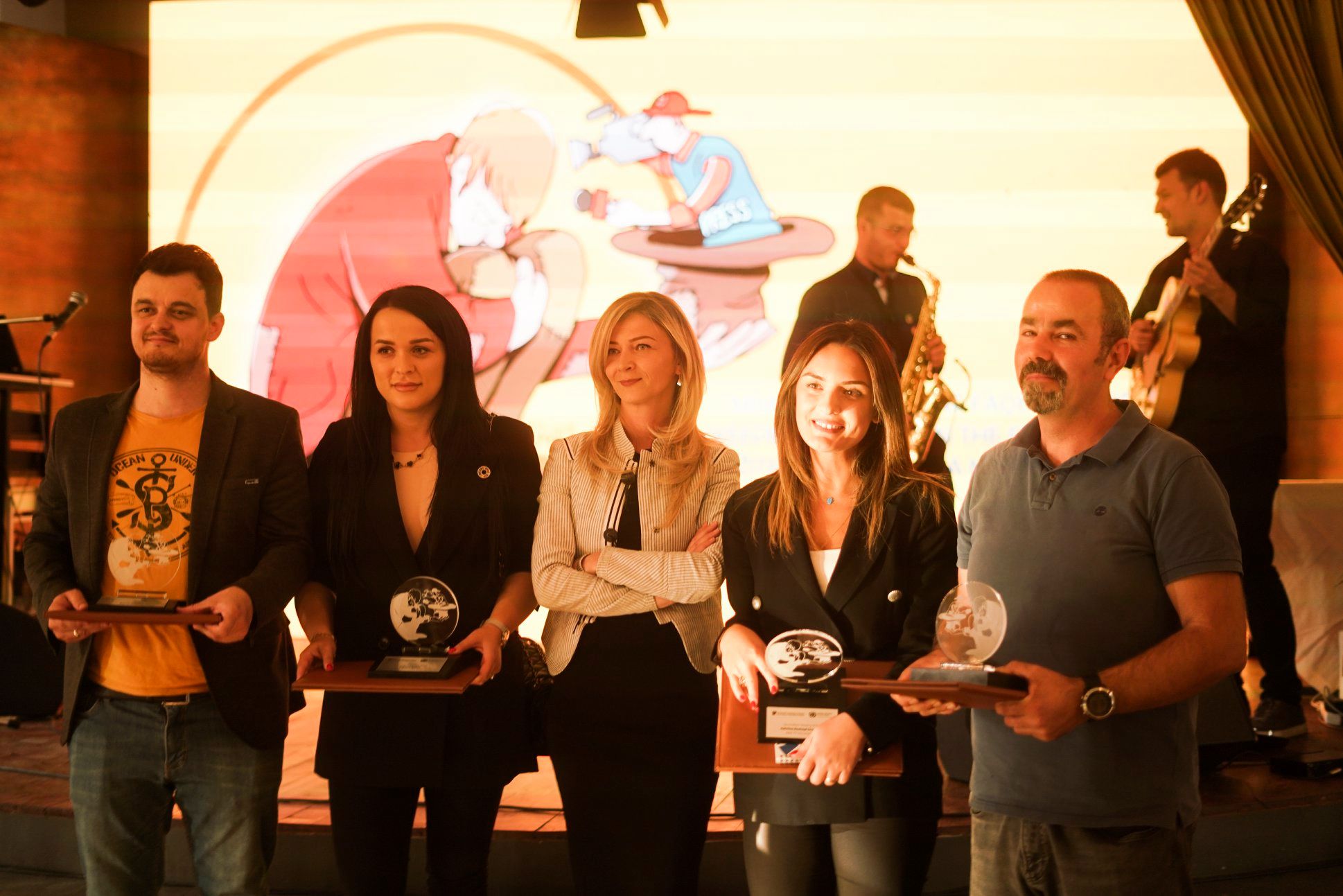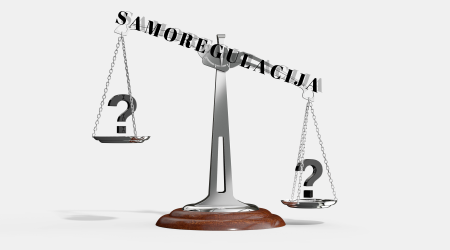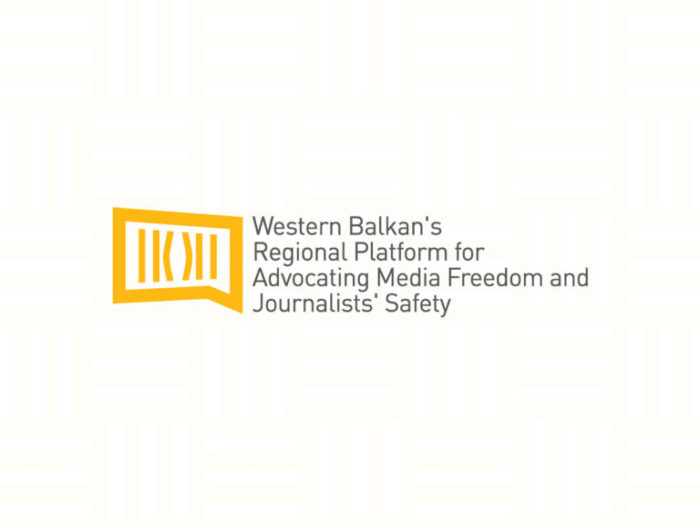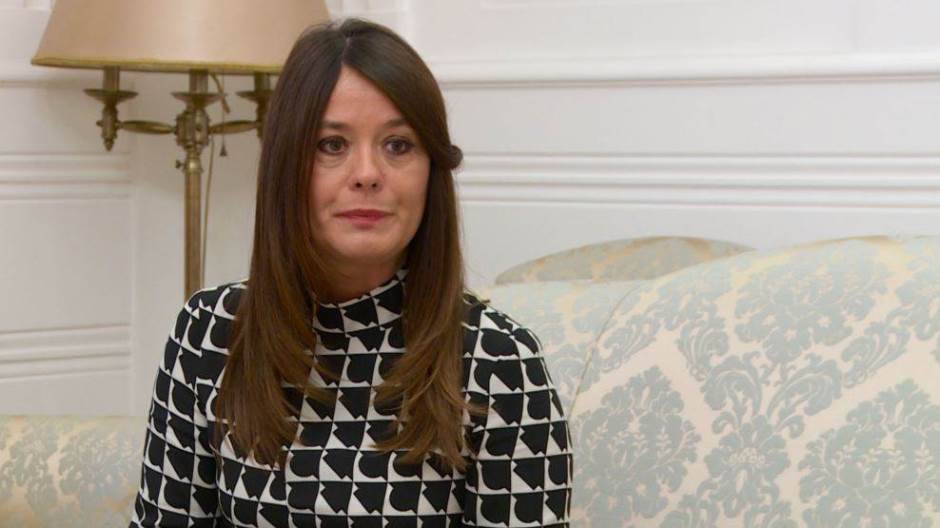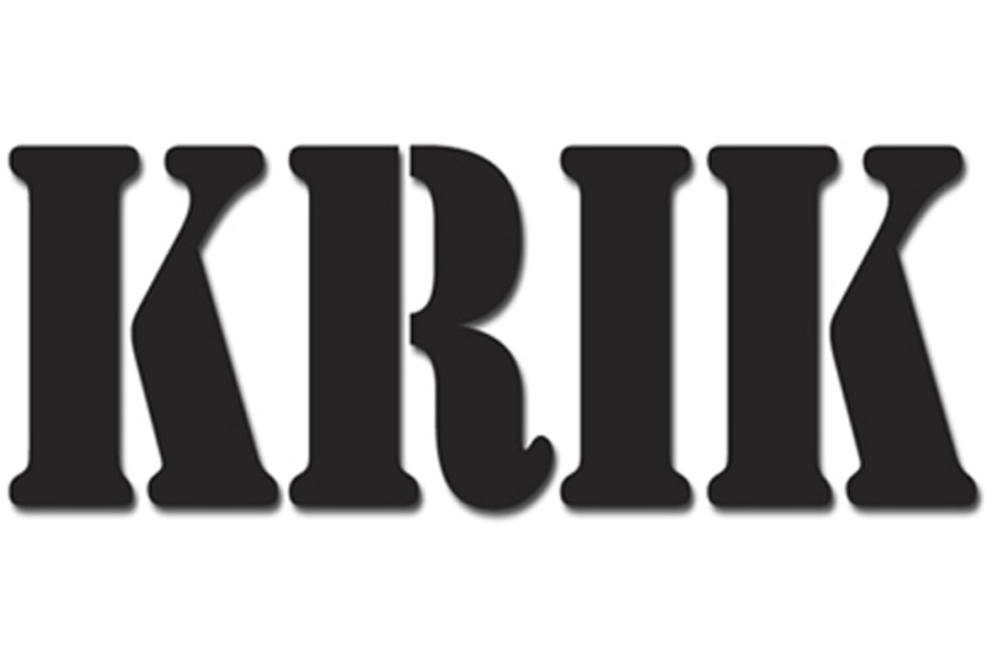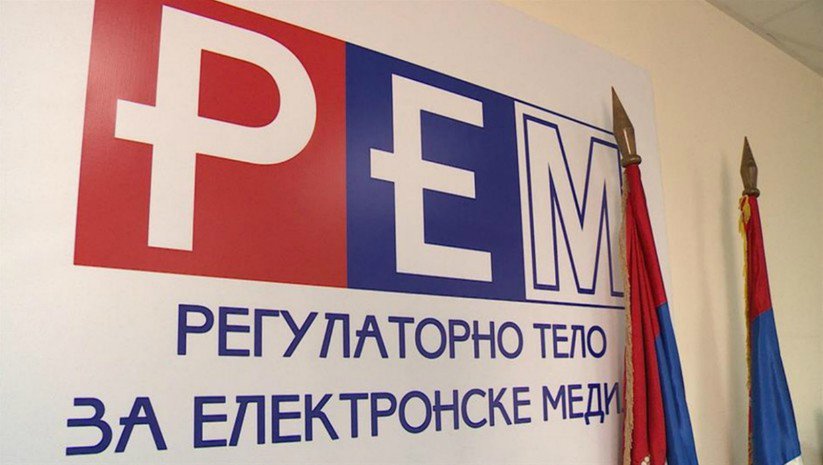BEOGRAD, 08.10.2019. – „U Srbiji novinari rade potpuno normalno i potpuno slobodno“, izjavila je za Glas Amerike Suzana Vasiljević, savetnica za medije predsednika Srbije Aleksandra Vučića. „Danas ima slobodnih medija koliko god želite – od nedeljnika, dnevnih novina i portala“, ukazuje u razgovoru Vasiljević, nekadašnja novinarka, a potom od 2004. godine, medijska konsultanktinja nekoliko vladajućih garnitura Srbije – počev od Vojislava Koštunice, Borisa Tadića i naposletku Aleksandra Vučića.
„Svi pišu ono što hoće – i niko nije kažnjen, niko nije priveden i niko nije uhapšen“, ukazuje Vasiljević koja je za Glas Amerike govorila, kao jedna od sagovornica u projektu o uslovima u kojima rade mediji u Srbiji, koji priprema srpski servis američke medijske agencije.
„Novinarska profesija je vrlo osetljiva i vrlo je teško biti novinar bilo gde u svetu i prema izveštaju Fridom hausa (američka nevladina organizacija u čijem fokusu su demokratija, političke slobode i ljudske prava, prim. nov.) videli ste da u poslednjih trinaest godina medijske slobode u svetu drastično opadaju“, kaže Vasiljević za Glas Amerike.
U poslednje dve godine je, prema bazi podataka Nezavisnog udruženja novinara Srbije, počinjeno ukupno 190 napada na novinare – od kojih je 16 fizičkih, 130 pritisaka i 44 verbalne pretnje. Među njima je i najdrastičniji slučaj – paljenje kuće novinara Milana Jovanovića, što je trenutno predmet sudskog procesa protiv bivšeg predsednika opštine Grocka i aktuelnog funkcionera vladajuće Srpske napredne stranke Dragoljuba Simonovića. Jovanović, novinar lokalnog portala „Žig info“, izveštavao je o sumnjama na zloupotrebe bivšeg najvišeg opštinskog zvaničnika Simonovića.
„Ja sada ne mogu da vam kažem u Srbiji je super jer nije ubijen nijedan novinar. I nadam se da to nikad neće biti merilo“, ukazuje Vasiljević.
Savetnica za medije predsednika Srbije ističe da način na koji se Aleksandar Vučić obraća novinarima nije inkriminisanje, koje bi moglo inicirati pretnje i pritiske na društvenim mrežama i u javnoj sferi.
„Vi danas imate situaciju na društvenoj mreži Tviter ili bilo kojoj drugoj – dozvoljeno je da izgovorite najstrašnije stvari. I u tom trenutku postajete predmet pretnji i napada. Ne zato što je Aleksandar Vučić odgovorio N1 i kaže: ‘Vi ste američka televizija’. Prvi put kada mu je koleginica, mislim da je bila Jovana Štetin to rekla, on je pitao da li joj to smeta. Zato što ja ne vidim šta je razlog – šta bi vam smetalo… U mojoj biografiji na zvaničnoj stranici predsednika piše…”
Glas Amerike: Zato što to u javnosti stvara odijum kakav stvara. Američka televizija, Amerika bombardovala, Srbija patila zbog rata…. Oni su nam neprijatelji… Molim vas, takav kontekst i narativ postoji.
Vasiljević: Meni u mojoj biografiji ne smeta što piše da sam radila četrnaest godina za Bi-Bi-Si. Ako je to njima smetalo, a smetalo im je očigledno, iz razloga njima znanih…
Glas Amerike: Ne znam razloge, ali mogu da shvatim da se u tim slučajevima lako lepi prefiks domaći izdajnici… Nije dobro koristiti takav narativ, jer kod građana pobuđuje neke emocije koje nisu adekvatne. I onda novinari mogu da budu inkriminisani, napadani…
Vasiljević: U pravu ste… Međutim, koliko znam, nekoliko pretnji koje su bile upućivane Televiziji N1 bile su upućene iz potpuno drugih razloga. Gospodin koji je uhapšen imao je sedamdeset i nešto godina i nije mu se sviđalo njihovo izveštavanje o Kosovu i Metohiji. Tako da to nema baš mnogo veze sa tim kakve su pretnje njima upućivane. On ni na jednoj konferenciji za štampu novinare nije vređao. Da li reaguje žučnije? Sigurno. Zato što je dvadeset-četvoročasovno i sedmodnevno izložen napadima. Kako on, tako i njegova porodica./**/ /**/ /**/
Glas Amerike: Da li u okviru vladajuće partije postoji tim koji nastoji da utiče na ulepšavanje stvarnosti i kritički se odnosi prema novinarima i ljudima koji….
Vasiljević: Nisam član stranke i trudim se da sa strankom nikakve veze nemam. Zato što je meni…
Glas Amerike: Maločas ste rekli: “mi došli na vlast“.
Vasiljević: Mislila sam na koaliciju… A ja sam pozvana 2012. da se pridružim timu predsednika Vučića.
Glas Amerike: Sami ste rekli „mi“.
Vasiljević: „Mi“ kao državni aparat, sad trenutno. Nisam član stranke. Na ovom sam mestu kao neko ko se profesionalno bavi svojim poslom od 2004. godine – u vreme vlasti Vojislava Koštunice, Borisa Tadića i sada Aleksandra Vučića. Ne odlazim u stranku, ne komuniciram sa stranačkim organima. Prosto, to se kosi sa mojom funkcijom. Ne mislim da bi bilo dobro da se u to mešam. Imam svoj tim od osam ljudi, imamo Instagram, Tviter, Fejsbuk i sajt. Radimo i njegove dnevne aktivnosti – konferencije za štampu.
Glas Amerike: Da li ste čitali tekstove koji, da kažem, ukazuju na sistem o kome sam vas pitao? BIRN-a (Balkanske istraživačke mreže) na primer?
Vasiljević: Ne, ne bavim se zaista.
Glas Amerike: Čak ni iz znatiželje?
Vasiljević: Rado, ali nemam vremena, iz znatiželje, da se bavim važnijim stvarima. Od toga da pratim šta se piše po Tviteru.
Glas Amerike: Da možda postoje neki ljudi koji rade po javnim preduzećima. A osim što rade tamo zadatak im je da prate šta se gde objavljuje…
Vasiljević: Kako ja to da vam kažem, kako to da znam. Idite u javno preduzeće pa ih pitajte. Ne tvrdim da ih ima ili nema. Stvarno ne znam. Ja ih nemam. Mi za to novca nemamo. Mi ih ne plaćamo. Ne vodimo nikakve kampanje na društvenim mrežama. Objavljujemo predsednikove dnevne aktivnosti. Na Instagramu ljudima odgovaramo sa „Hvala lepo, doviđenja“.
Regionalni portal “Južne vesti” iz Niša u avgustu je objavio razgovor sa osobom skrivenog identiteta koja je tom mediju potvrdila da je bila član internet tima Srpske napredne stranke. Osoba nastanjena na jugu Srbije, čiji je identitet poznat redakciji “Južnih vesti”, ispričala je da pozitivno komentarisanje, takozvano botovanje, aktivnosti aktuelne vlasti organizuju funkcioneri Srpske napredne stranke. Sagovornik “Južnih vesti” govorio je i o stranačkim strukturama koje pribavljaju Aj-Pi (IP) adrese osoba koje su upućivale negativne komentare na račun vlasti. Izneo je navode da se potom te osobe nađu na meti zastrašivanja dela naprednjačkih stranačkih struktura.
Inače, prema poslednjem izveštaju Evropske komisije iz maja 2019, kojim se procenjuje napredak na putu evrointegracija, ukazano je da Srbija nije ostvarila napredak u slobodi izražavanja. Među kritikama je, pored ostalog navedeno, da je potrebno stvoriti okruženje za neometanu slobodu izražavanja, poštovanje medijskih zakona, usvajanje nove medijske strategije (na kojoj se trenutno radi) i obezbediti odgovarajuće finansiranje javnih servisa i transparentnost vlasništva u medijima.







